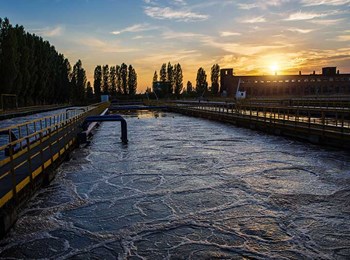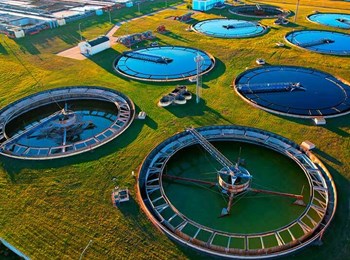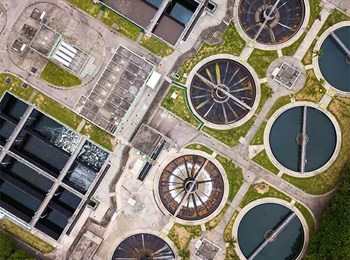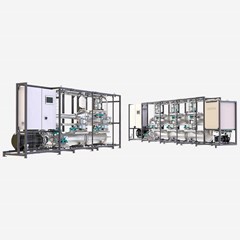Membrane filtration has received considerable attention for treating inorganic effluent since it can remove suspended solids, organic compounds, and inorganic contaminants such as heavy metals.
Membrane filtration for heavy metal removal exists in various types depending on the size of the particle that can be retained. The different types count microfiltration (MF), ultrafiltration (UF), nanofiltration (NF), and reverse osmosis (RO). All types can be employed for heavy metal filtration of industrial wastewater. The different types of filtrations can be done by distinct membrane varieties made of different materials such as polymeric membranes and ceramic membranes.
The advantages of polymeric membranes are their dense pore size making this membrane type optimal and incredibly efficient for reverse osmosis filtration. However, polymeric membranes provide a low thermal and chemical strength level, making it challenging to handle aggressive fluids from harsh environments, which is often where heavy metal filtration appears to be necessary.
Whereas ceramic membranes made of silicon carbide are optimal and effective for membrane filtration for heavy metal removal because they are produced of inorganic material. As silicon carbide is the second hardest material in the world, only exceeded by diamonds, this material provides some excellent advantages. Contrary to polymeric membranes, silicon carbide ceramic membranes deliver mechanical, thermal, and chemical strength ideal for membrane filtration for heavy metal removal in harsh environments. Moreover, it means a longer membrane lifetime and a higher hydrophilicity level, which provides higher fluxes and fewer membrane fouling problems.




